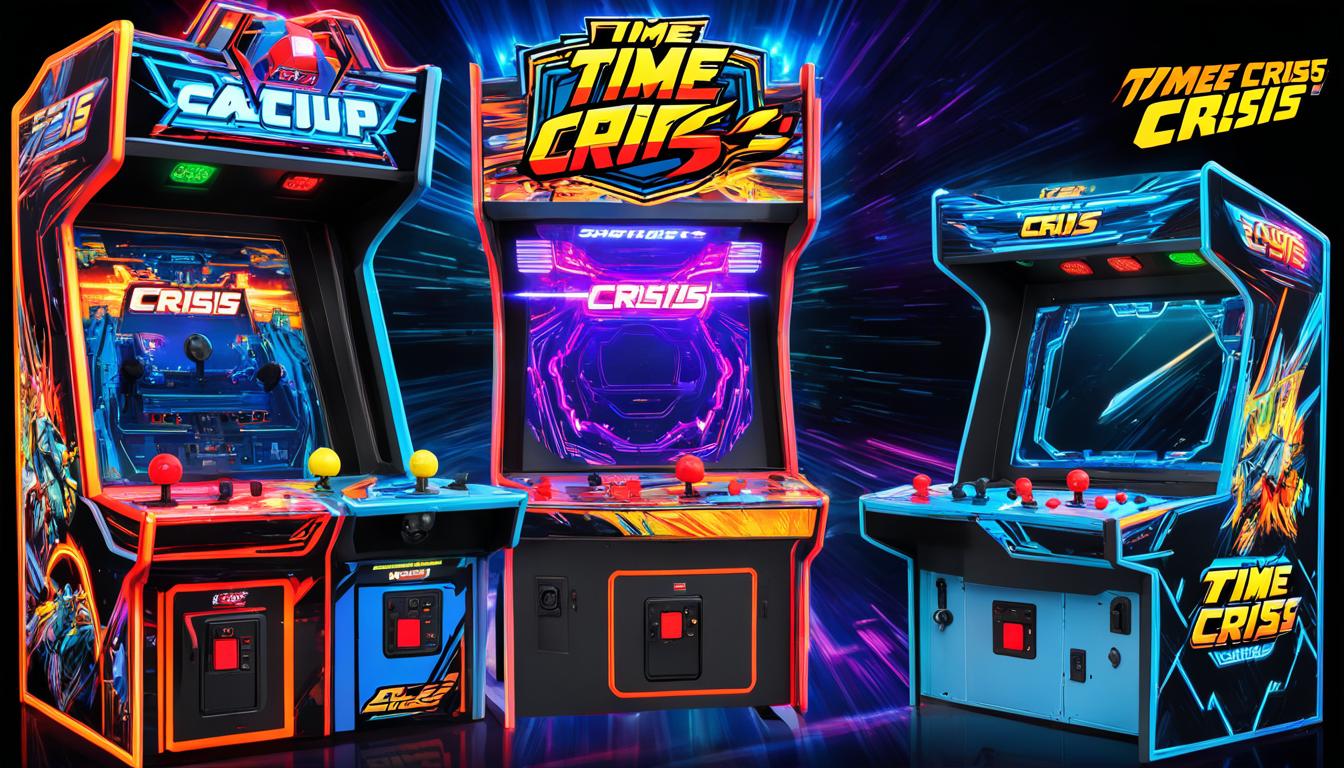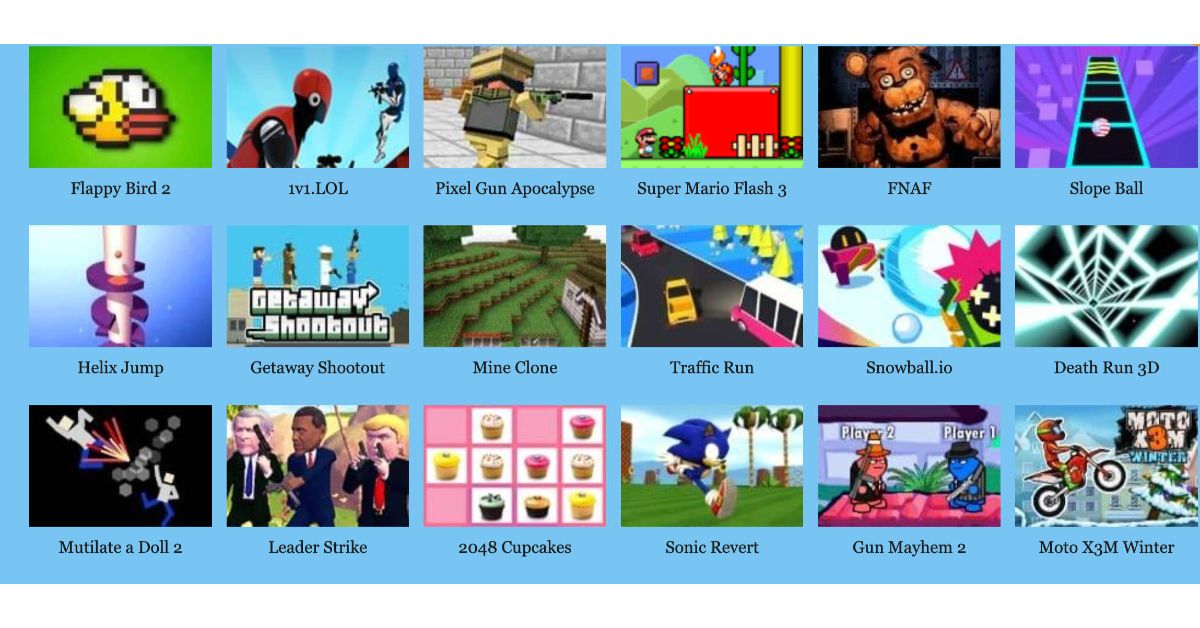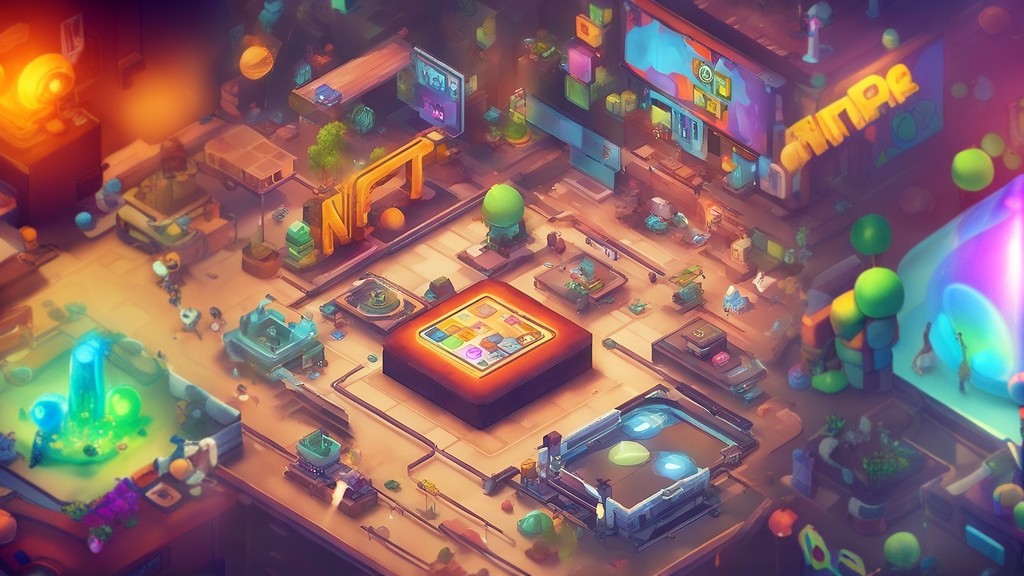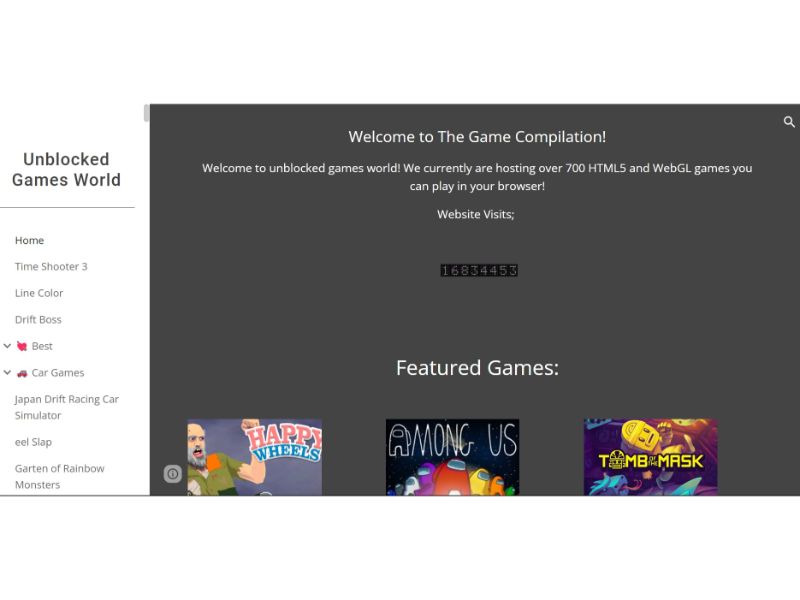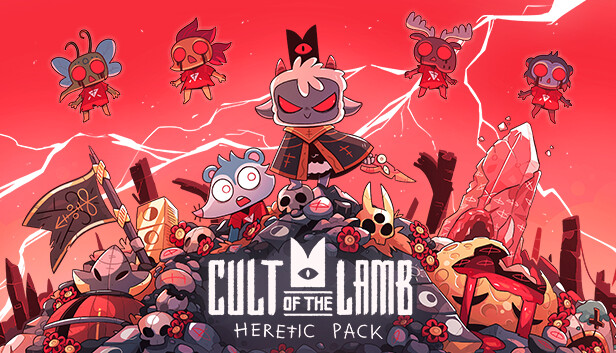A new report has surfaced regarding Platinum Games and Microsoft’s cancelled action-adventure title Scalebound. Although I bet many people would’ve loved to assume the role of Drew, a sword-wielding hero, along with his feisty dragon, sadly that dream cannot come to fruition since Scalebound’s cancellation took place be back in 2017. What led up to that moment was recently elaborated on by Platinum Games’ Atsushi Inaba in a new interview.
The report comes in via publication site videogameschronicle.com, who had the opportunity to talk to Platinum Games‘ Inaba about new games, games in the works like Bayonetta 3, self-publishing, working with various publishers to make IPs, and more. However, the website released a new part to said interview pertaining to the company’s work with Microsoft on Scalebound and how it met its end.
Announced at Microsoft‘s E3 2014 media showcase, Scalebound was to be the latest character action game from Bayonetta director Hideki Kamiya. In case you missed out on the game’s reveal and gameplay trailers, YouTubers Game and GTREntertainment have you covered:
The game depicted in the above videos was and still is described to be a big challenge for Platinum Games, with the studio delving into genres it “was unfamiliar with” for influence according to the new report.
Nevertheless, after a “lengthy period” in development, Microsoft announced in 2017 Scalebound’s cancellation.
Here’s what Inaba had to say about Scalebound, developing it, and when the game met its end:
“Both sides failed. [We] didn’t do all of the things that we needed to do as a developer.
Watching fans getting angry at Microsoft over the cancellation wasn’t easy for us to watch. Because the reality is, when any game in development can’t get released it’s because both sides failed.”
Despite having to cancel the four-year project known as Scalebound, Inaba told the publication site that he feels Platinum Games has “grown” due to the “painful lessons” taught by the game’s development cycle, saying…
“At the bare minimum, it’s unique for us as a title in so much as we feel that we didn’t do all of the things that we needed to do as a developer. There were a lot of painful lessons, but that helped us grow as a studio.
We obviously can’t go into details about it, because there are rules of engagement as a developer. We want to make sure that the publisher who gave us a chance to make a game in the first place isn’t treated poorly.
The truth is, we don’t like to see Microsoft take the brunt of the fan ire because game development is hard and both sides learned lessons, for sure.”
Inaba admitted that the studio possibly announced Scalebound too early. However, Inaba doesn’t stand by that Scalebound’s cancellation helped Platinum’s decision to move towards self-publishing with its two new in-development IPs, saying…
“No, I wouldn’t say our experience with Scalebound influenced us to go towards self-publishing. Quite frankly, the reality is that we’ve had plenty of titles canceled in the past: that’s part and parcel of what comes with making video games.”
With all of that said, do you think Scalebound is Platinum Games or Microsoft’s fault, or do you think both messed up?
Anyway, you can read the full report between Inaba and videogameschronicle.com by hitting up the given link.

